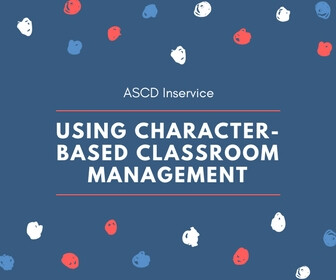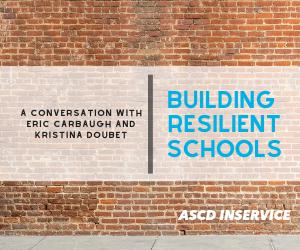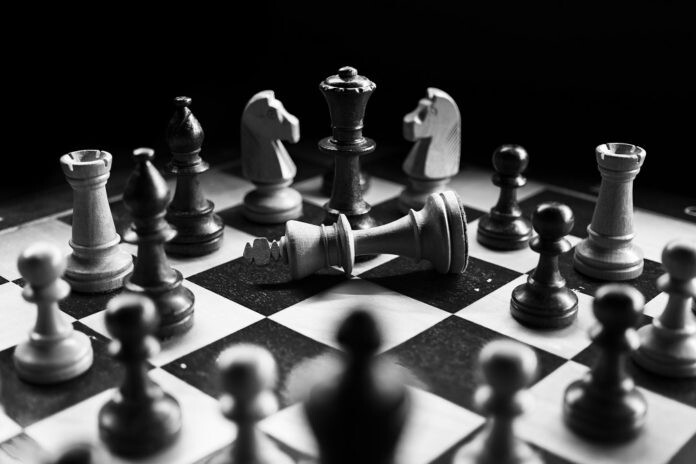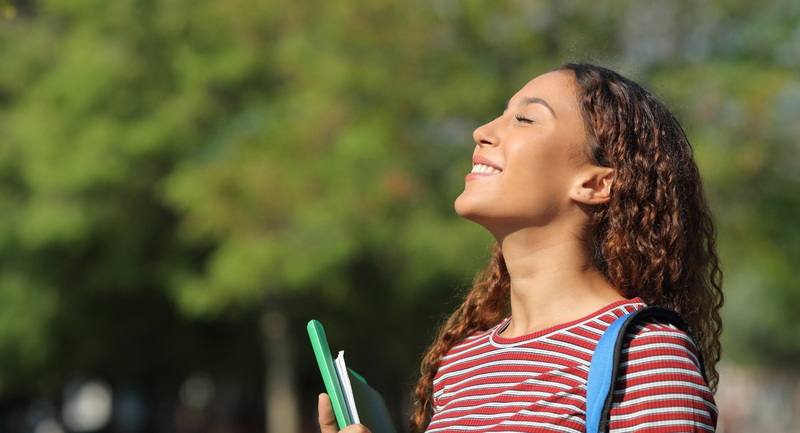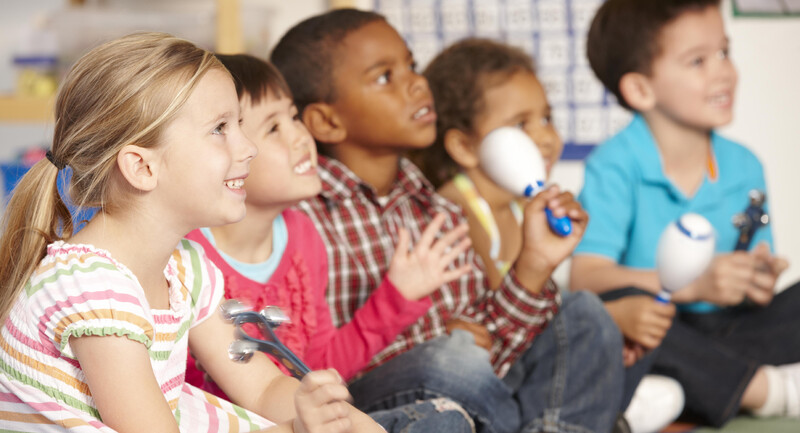It’s 2020. There’s no doubt that your lives and newsfeeds are filled with proclamations of “New Year, New Me!” — lists of goals, resolutions, absolutions, and fervent solutions for making us better humans.
I love a fresh beginning and normally I look forward to the goal striving festival that is New Years. But this year, I’m a little spent on “new.” I’m worn out by the idea of adding something more. This year I want less. Less drama, less work, less pressure, less worry.
Thankfully, I know that there’s more to increasing well-being than just adding actions. There’s no doubt that action is critical to change. But we don’t always have to focus on action to improve our happiness and purpose. Sometimes we just need to shift our attitude — to change how we think about our circumstances and experiences.
The core attitude I’m adopting this year is not one of addition. It’s an attitude of subtraction. It’s a mindset of letting go of the attitudes that held me down last year (or more honestly, last decade).
These are the three things I think all of us should let go of.
1. Comparing yourself to teaching rockstars
I’m letting go of the Edu-Twitter all-star, the Pinterest paragon, and the idea that “I need a great lesson I can write a post about.” Why? Because like many educators, I get caught in the upward comparison spiral.
We almost always compare our current state to how things could be. Usually, this involves one of two directions: Upward comparisons to how it could be better and downward comparisons to how it could be worse. There’s a lot of research about how our mental comparisons affect our well-being.
Upward comparisons can be good for motivating us to change — which is why I first got hooked on the striving to be “that teacher.” But there’s a major issue: Upwards often bring us down. We end up thinking of ourselves as not enough. We overwhelm ourselves with the need to do more. We change our behavior to seek affirmation.
The other route is downward comparison, realizing that it could be worse, so I’m okay where I am. Taken too far, this can lead to complacency. But used strategically, downward comparisons lead us to gratitude.
Even though I don’t have tens of thousands of Twitter followers, I have dozens of students who look forward to me being in class.
Even though I don’t have a pinterest-worthy classroom, I have a room where my kids feel safe and supported every day.
Even though no one is making a movie about my life, I’m taking moments to let a kid know I’m happy they’re in my life.
Our kids have enough photoshopped, highlight reel, YouTubers on screens. They need more authentic adults in their lives. Let’s let go of being viral and embrace being real.
2. Being stress resistant
Stress is a hot topic right now. Teachers are stressed. Health professionals are stressed. Kids are stressed. Even our dogs are stressed. We can’t seem to avoid the narrative of stress-induced doom.
There’s no doubt that chronic stress can be detrimental to our well-being. But I’ve spent an absurd amount of time stressing about my stress. I feel tension when I’m driving on the highway to work. I feel overwhelmed by expectations with my students. I feel depressed that I bombed a lesson I was excited about. And then I feel bad about feeling these things.
Thankfully, I’ve been learning about the other side of research showing us that not all stress is bad. In fact, sometimes stress is a good thing. In her book The Upside of Stress, Stanford psychologist Kelly McGonigal points out that stress is our body’s way of helping us grow. My tension with driving is a “challenge response,” directing my focus and helping me perform. My feeling overwhelmed is a “tend and befriend” response, encouraging me to seek help and support from people who care about me. My rumination about bombing a lesson is a “reflect and learn” response, strengthening my neuroplasticity and giving me insights to help me in the future.
Stress is a sign that my heart is in the right place and that I care. Let’s let go of feeling stressed about our stress and thinking that we’re flawed when we’re not thriving. Let’s let go of trying to be stress resistant, instead choosing to be stress resilient by working through our challenges.
3. Being the teacher others want us to be
Education is a paradox. On one hand, teaching is the profession that allows every other profession to exist. It is the keystone to a brilliant society. On the other hand, we are humans overwhelmed by the weight of trying to fix society’s deepest problems: prejudice, violence, cruelty, ignorance. Society and our own expectations want us to be everything: freedom fighters, counselors, leaders, militant defenders, and dauntless motivators.
But the reality is that I’m just a human. I’m a human who cares, a human who works hard, a human with creativity and intelligence and grit. And I’m going to try my best to teach every day. But sometimes I’m going to suck at it. Some days I’m going to mess up. Some days I’m going to change my lesson plans because my toddler was up all night sick and I’m tired and the copy machine broke down (again).
I’m letting go of diminishing my worth because others are admonishing me to be everything. I’m letting go of feeling guilty when I don’t dive into every teachable moment, when my essay feedback isn’t flawless and transformative, when I decide to just go home rather than work until darkness. We need to let go of trying to be the teacher everyone wants us to be and embrace just being good at who we are.
We too often fall victim to the narrative of more. We don’t need more. We need less. We need to let go of the expectations and mindsets that lead to guilt, worry, frustration and fatigue. We need to let go of perfection and greatness and instead embrace what we are already good at: Being human. Caring, brave, bright and dedicated. But still human.
2020. New year, same me. But I’m enough.




